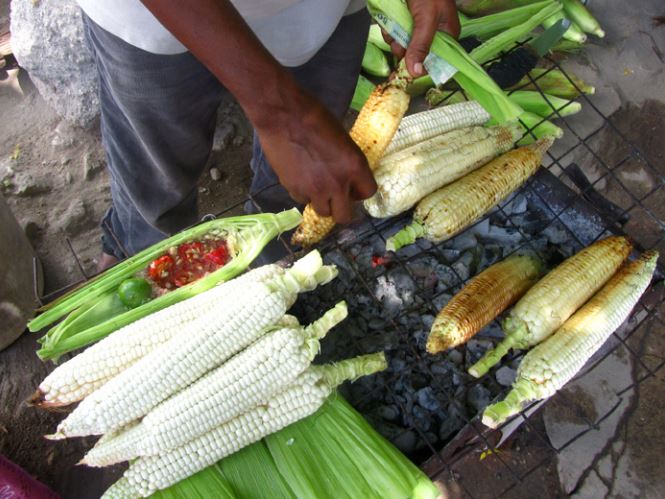×
The Standard e-Paper
Stay Informed, Even Offline

This year has seen the Ministry of Agriculture attempt to deal with the rot in the National Cereals and Produce Board (NCPB) and ‘cartels’ that have swindled farmers of their deserved profits.
It is interesting to note that a century ago, the situation was quite the same although there were different villains at play.